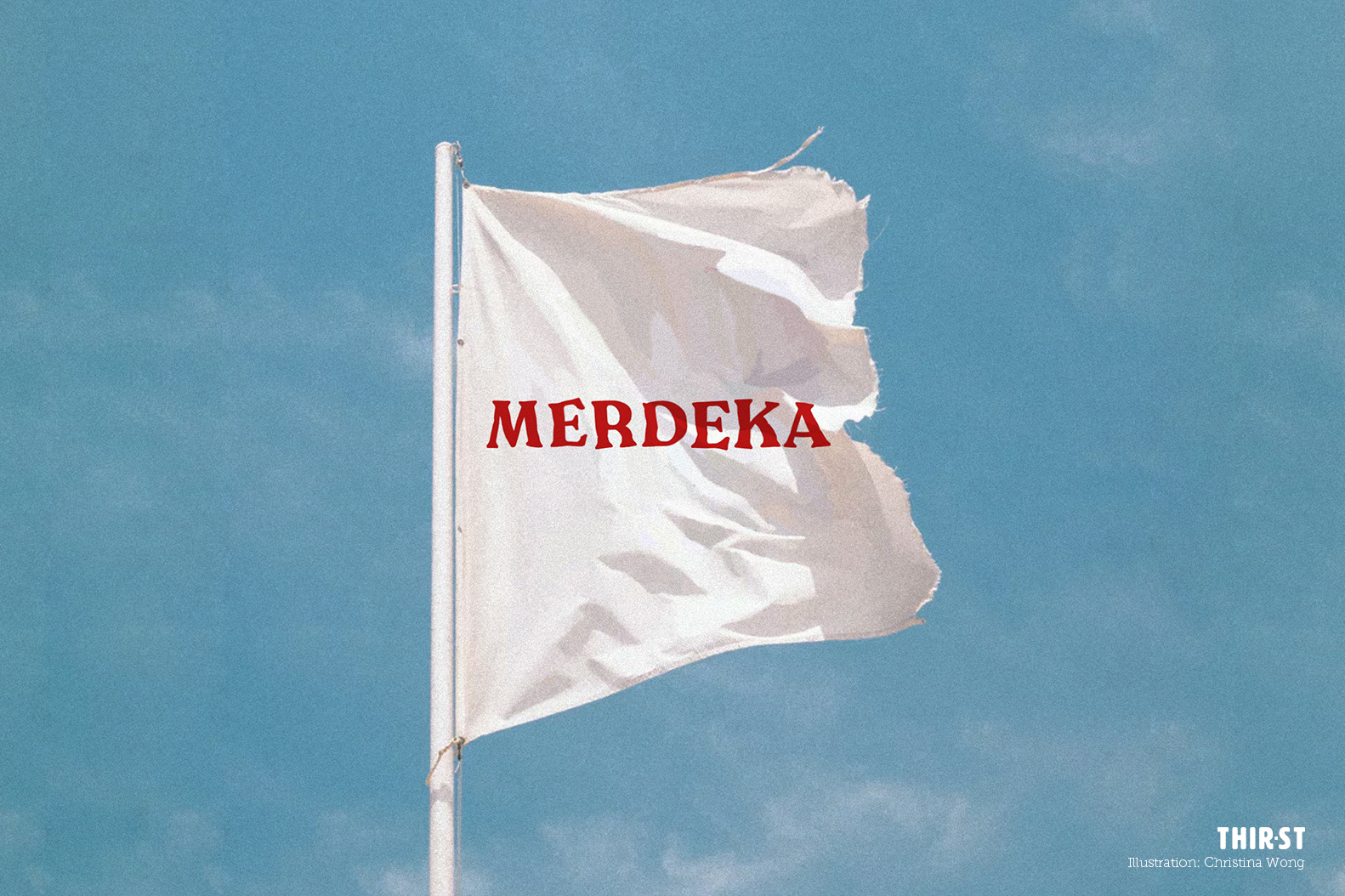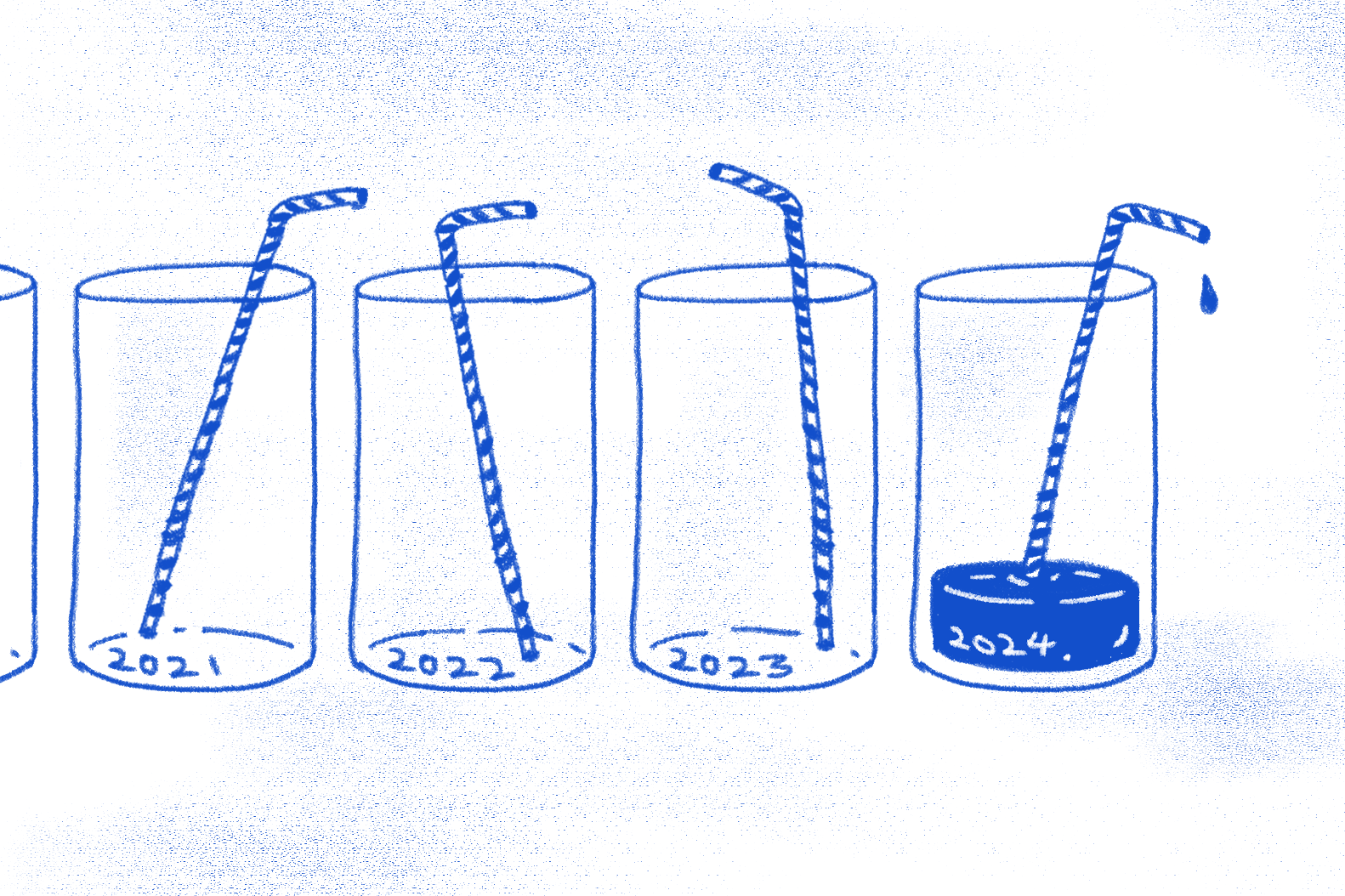I recently discovered that I am a product of the Merdeka Generation.
When Singapore separated from Malaysia in 1965 and gained full independence as a nation – what they called merdeka, or freedom – my father was 9, my mother was 8. Neither remembers what changed for them following that monumental hour.
And no one could expect the generation then, those born in the 1950s, to have really understood the full implications of the unexpected freedom thrust upon us. Something in the course of history obviously changed.
But if I, a child of that generation who grew up with independent Singapore, struggle to resonate with the beauty that arose from those ashes – what more those after me?
To many of us younger Singaporeans, merdeka is a concept from a world before ours. The merdeka we want looks different from the one our fathers and forefathers stepped into like freed men.
Theirs was the freedom of building a new city, of identity forging and nation building. Today, borne on the backs of their labour, many desire a new freedom: freedoms of the will, the heart, the body and the mind.
I think salvation can feel that way sometimes. For Christians, we agree and accept what Jesus did on the Cross for us 2,000 years ago – but that crucial turning point can feel foreign; its implications unclear.
It, too, was a freedom bought – not just for the generation who saw the exchange, but also the many who came after. We are all products of Christ’s Merdeka Generation.
This National Day, in the light of the freedoms our peers clamour for, we must consider what freedom Jesus has bought us.
Because unlike the independence and newfound autonomy merdeka represented and the merdeka we now want, this freedom in Christ is not independence but great dependence (Galatians 4:7), one not found in unbridled autonomy but under the unwavering authority of God (Colossians 1:13).
THE MERDEKA OF THE CROSS
1. Freedom from the veil of shame
In preparation for an upcoming missions trip to Japan, my team and I were watching a few testimony videos featuring Japanese Christians. One thing that struck me was the openness and vulnerability as each of them shared, detailing their past experiences, private thoughts and feelings, usually with tears streaming down their faces.
It was a picture of the Japanese people I had never seen before. Even without being a connoisseur of their culture, I’ve heard of Japanese social theories such as “the public and private faces” and “the nail that sticks out gets hammered down” that tell of the need to hide one’s true self. Revealing anything that broke this peaceful, polite facade was shameful.
“I couldn’t express what I was feeling” was a common refrain in those testimonies. Anger, sadness, fear, loneliness were all stuffed down, quickly turning into cycles of shame, depression and addiction.
We are all products of Christ’s Merdeka Generation.
But the people who told these stories were no longer like the men and women they described themselves to have been: Through discovering Jesus, they had come out of hiding – they were free (Romans 8:2).
Free to be loved, valued and seen.
There is no more condemnation through Christ Jesus (Romans 8:1). We can come to Him with anything we have done, said or thought, and in repentance and confession find promised forgiveness and freedom (1 John 1:9). We can express ourselves and embrace who we are before our Maker without fear of rejection, for His perfect love drives out all fear (1 John 4:18).
2. Freedom from the weight of expectations
This might be tough to hear for the citizen of a meritocratic state: When we understand that our worth is not based on our merit, that God saw every single one of us worthy to die for, even the worst of sinners – it really shouldn’t matter anymore what others think of us.
We don’t have to conform to the thinking of this world (Romans 12:2); instead we must take hold of what God thinks of us.
Following Jesus may look different for each of us, but it always requires the same thing: To leave something behind (Matthew 19:29). It could be a job, a bad habit, a way of thinking or a way of life.
For one couple, it was the comforts of the regular Singaporean life.
When the Thir.st team recently met up with Kenneth and Adeline Thong of The Last Resort, it was easy to be confounded by their story. Having opened up their home to those without a place to go for the last 12 years, the couple has temporarily housed up to 15 people at once, even when home was a just 4-room rental flat.
They don’t receive money from those who seek refuge in their house, don’t hold high-paying jobs and don’t come from wealthy families. They simply set out to do what Christians are called to: To share our bread with the hungry, house the homeless poor and clothe the naked (Isaiah 58:7) – not because they
“can” or were “good enough”, but because this is us serving God (Matthew 25:35-40).
There was a freedom they clearly walked in, and I believe it was the freedom from the very Asian expectations to achieve, excel, strive and prove.
3. Freedom from the sting of death
Last week, a close friend announced on social media that she had been diagnosed with an aggressive form of breast cancer at the tender age of 27, and it was already in the later stages. When I got to speak with her, I cried. I felt so much of it – the shock, the grief, the immediate tension of faith.
It was a faith that knew God held her in the palm of His hand and had it all calculated before it even came to be (Job 14:5). But one that also knew there was unavoidable suffering and pain on this broken earth.
Jesus too cried out in the Garden of Gethsemane hours before His crucifixion; an angel from Heaven appeared to give Him strength, but the cup was not taken from Him (Luke 22:42-43).
Hope for my friend and our Christian community lies in this: In enduring the suffering of the Cross, of momentary separation from His Father as the sins of the world were placed on Him, of death itself, Christ bought for us the priceless gift of eternal life and the power to see joy in the face of impending death (Hebrews 12:12).
As a popular hymn goes: One with Himself, I cannot die. My soul is purchased by His blood.
When we say we give God our lives, we’re surrendering to His ways, His timing, His wisdom, His direction. In trusting His unchanging love and goodness towards us, we find the supernatural grace to rise above all fear and despair.
And like Jesus, we’re imbued with strength to look past the most illogical, unattractive circumstances and say “yes” to whatever lies before us, even physical death.
DO WE WANT MERDEKA?
In 1965, there was a separation that resulted in merdeka. At the resurrection, there was a reconciliation that resulted in merdeka. Jesus Christ now stands in the gap between God and Man.
In Him, there’s divine freedom that begins now. But it’s a choice – we can live as freed men or remain in the mindsets that enslave us.
We may not have been there when the earth shook or the temple veil tore in two (Matthew 27:51); we did not see the resurrected Jesus or put our hands in His side (John 20:27), but we can claim the very real freedoms redeemed for us through Calvary simply by choosing to live in them today.
- Are there areas in your life that aren’t in true freedom yet?
- Why is it difficult to step into full freedom in those areas?
- How can we fully embrace the freedoms Christ has bought for us?









